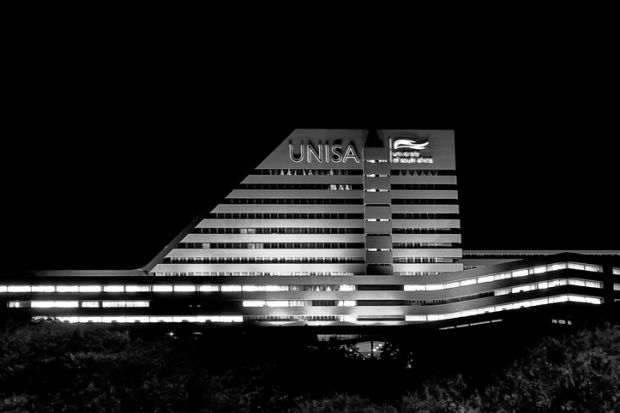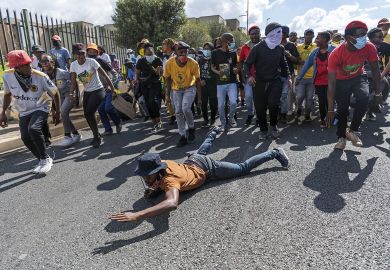A regional court’s decision to block the Pretoria government from placing the University of South Africa (Unisa) in administration will lead to protracted legal battles and continued problems for students, it has been warned.
Months after first announcing plans to appoint an administrator in charge of the largest open distance learning institution in Africa, higher education minister Blade Nzimande recently served notice of his intention to do so.
But following an urgent application from the Unisa council, the Gauteng High Court in Pretoria prohibited the move.
Dr Nzimande had previously said he was satisfied that a report by independent assessor Themba Mosia revealed “financial and other maladministration of a serious nature” which affected the effective functioning of Unisa.
Nuraan Davids, professor of the philosophy of education at Stellenbosch University, said that Dr Nzimande ignored an order not to act on the recommendations of the Mosia report until two separate applications challenging it had been finalised.
“The failure by Nzimande to act decisively will mean that there will now be protracted legal battles, at taxpayers’ expense, which will overshadow the real crisis at Unisa,” she said.
“It will also mean a continuing compromise of students at South Africa’s biggest university.
“Unisa is in serious trouble – in terms of leadership, management and governance as well as the inevitable consequences for the academic project, and hence students.”
Teboho Moja, professor of higher education at New York University, said this “misstep” by the government has made the Unisa council aware that the minister cannot act without following the necessary measures.
“It has given the council power to continue operating the way they were despite charges laid against them,” she added.
“They now know they can stand up against the minister.”
The Mosia report found a “cauldron of instability characterised by a culture of fear, intimidation, bullying, maladministration, financial irregularities, poor student services, academic malpractices, leakage of confidential records and questionable management and council decisions”.
Professor Davids said the findings showed that higher education is not immune to broader societal ills and displays the same kind of corruption that the government does, which makes it incredibly hard for accountability to take root.
A group of Unisa staff and students have also petitioned the court over the lack of urgency it is showing on the matter, which they claimed is having a negative impact on students and staff members alike.
Seán Muller, senior research fellow at the Johannesburg Institute for Advanced Study, said there was historical precedent of a university successfully overturning a decision to place it under administration because the government lacked a sufficiently substantive basis for the decision – on which this case also seems likely to hinge.
“While some commentators and decision-makers have suggested that placing Unisa under administration is necessary to return it to a halcyon earlier period when it had a stellar reputation, there is little evidence that such a state ever existed,” said Dr Muller.
“Unisa has played, and continues to play, an important role in the higher education system as a distance learning institution, but to my knowledge it has never been perceived as holding even the same status as some of its campus-based counterparts.”
Register to continue
Why register?
- Registration is free and only takes a moment
- Once registered, you can read 3 articles a month
- Sign up for our newsletter
Subscribe
Or subscribe for unlimited access to:
- Unlimited access to news, views, insights & reviews
- Digital editions
- Digital access to THE’s university and college rankings analysis
Already registered or a current subscriber? Login








